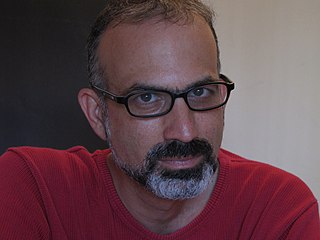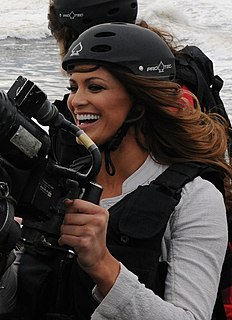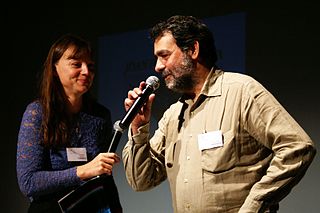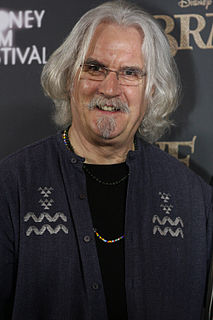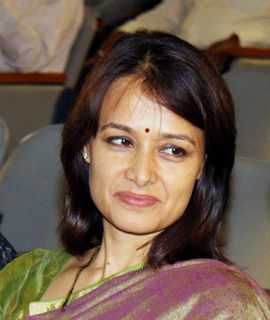A Quote by Arnon Goldfinger
I take care to only teach courses about fiction film. I believe that this balances and broadens my documentary work.
Related Quotes
With fiction, you are creating an imaginary world. And it can be a very mechanical process. In a fictional film, you create the characters who become "real people" when facing the camera. When you stop shooting, they change their costumes and become someone else. And people tend to believe in documentary more than fiction. Even if the fiction is based on a true story, everybody will say, "Oh, they're only actors."
One of my favorite courses to teach is when we go to the Air Force. We've done a few at Air Force bases. What's great about that is that it's a one-week course. It's five days and we work with them for about eight hours a day. We're not only teaching them self-defense, but we're also teaching them how to teach it on base to others.
Film theory has nothing to do with film. Students presumably hope to find out something about film, and all they will find out is an occult and arcane language designed only for the purpose of excluding those who have not mastered it and giving academic rewards to those who have. No one with any literacy, taste or intelligence would want to teach these courses, so the bona fide definition of people teaching them are people who are incapable of teaching anything else.
It's tempting to think, 'This is silly. I'm an artist. I care about my work, my work is first. I don't care about what kind of dress I wear... That's so secondary to me.' But if you care about your work... then you need to take this part of it just as seriously as you would going into an audition and going into work.
It's difficult to make movies. For me it was easier, as a refugee in Switzerland, to make documentary films, because I didn't need a lot of money for it. The way I tell my story or my opinion would be very similar in both fiction and documentary forms. But I found I could speak more effectively to convey this brutal reality through documentary than I could through fiction.
It is for these reasons that I believe we must expand day-care centers and provide other assistance which I have recommended to the Congress. At present, the total facilities of all the licensed day-care centers in the Nation can take care of only 185,000 children. Nearly 500,000 children under 12 must take care of themselves while their mothers work. This, it seems to me, is a formula for disaster.
